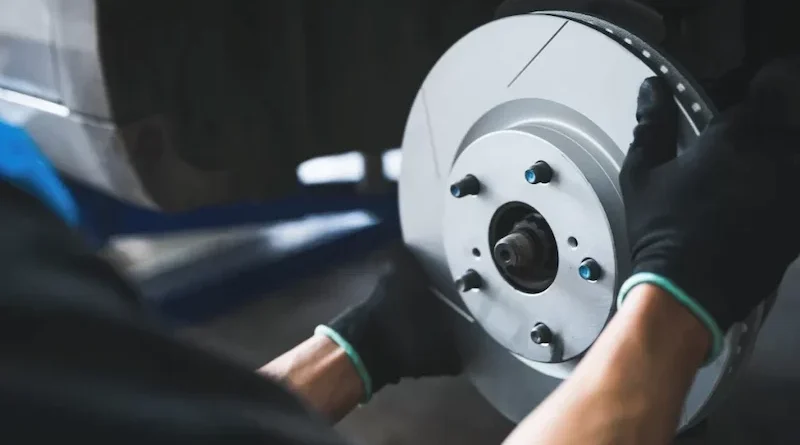Why Ignoring Brake Fluid Flush Intervals Affects System Safety
Driving through the busy streets of Denver means dealing with constant stops, traffic lights, and unpredictable drivers. In these conditions, your brakes are the most critical safety feature on your vehicle. Yet many drivers overlook a crucial aspect of brake care: routine brake fluid flushes. Skipping this simple maintenance task can lead to reduced braking performance and, in the worst cases, serious accidents. As any Denver car accident lawyer can confirm, neglected brake systems are often a significant factor in collisions.
Why Brake Fluid Matters
Brake fluid is the lifeline of your vehicle’s braking system. It acts as the hydraulic medium that transfers pressure from the brake pedal to the brake components, allowing the car to slow down or stop effectively. Over time, brake fluid can absorb moisture and pick up debris. When this happens, its ability to function is compromised. Contaminated brake fluid lowers its boiling point, reducing its effectiveness in high-stress situations, such as sudden stops. Left unchecked, this can even cause corrosion within the brake lines, calipers, and other essential components.
The Value of Regular Maintenance
Routine brake fluid flushes may not seem urgent, but they play an essential role in keeping your vehicle safe. A fresh supply of brake fluid ensures that your brakes respond appropriately when you need them. Many drivers put off this service, assuming it can wait, but the reality is that the small cost of maintenance is nothing compared to the expense of repairing or replacing damaged brake components. Worse yet, the consequences of brake failure could be catastrophic. Scheduling fluid flushes at the intervals recommended by your manufacturer is a simple step that delivers peace of mind.
What Happens When You Skip It
Failing to flush and replace brake fluid has several consequences that build over time. First, the moisture that seeps into old brake fluid leads to rust and corrosion, which can eat away at vital parts of your braking system. Second, degraded fluid affects how your brakes feel and perform. Drivers may notice a spongy pedal, longer stopping distances, or uneven braking—all of which can make the vehicle harder to control. Finally, modern cars rely heavily on anti-lock braking systems (ABS) for stability during emergency stops. Contaminated fluid interferes with the operation of ABS sensors and components, providing less protection when you need it most.
How Brake Issues Lead to Accidents
One of the most severe consequences of neglecting brake fluid maintenance is the heightened risk of accidents. If your brakes fail or don’t respond as they should, it becomes much harder to avoid collisions, especially in heavy traffic or bad weather. Even small reductions in braking efficiency can make a significant difference when seconds count. Drivers who neglect this upkeep not only endanger themselves but also put other road users at risk. Staying consistent with brake maintenance reduces this risk and ensures that your vehicle responds appropriately when it matters most.
Protecting Yourself Legally and Medically
Beyond the immediate safety concerns, failing to maintain your brakes can also have legal consequences. In the event of an accident, the condition of your vehicle may be scrutinized. If poor maintenance contributed to the crash, you could face greater liability. On the other hand, if you were the victim of another driver’s negligence, proper maintenance and a solid paper trail of service records can strengthen your case.
A Denver car accident lawyer can explain how these details often make a difference when negotiating settlements or presenting evidence in court. Having documentation that shows you upheld your maintenance responsibilities demonstrates responsibility and can support your claim for fair compensation.
Final Thoughts
Brake fluid may not be the first thing that comes to mind when you think of vehicle safety, but it plays an essential role in keeping your car reliable on the road. Skipping recommended flush intervals might save you a few dollars today, but it could cost far more in the form of repairs, legal troubles, or personal safety issues down the line. By staying on top of this simple task, you protect yourself, your passengers, and everyone you share the road with. When it comes to safety, there’s no such thing as a shortcut, especially when your brakes are involved.
Visit the rest of the site for more interesting and useful articles.

